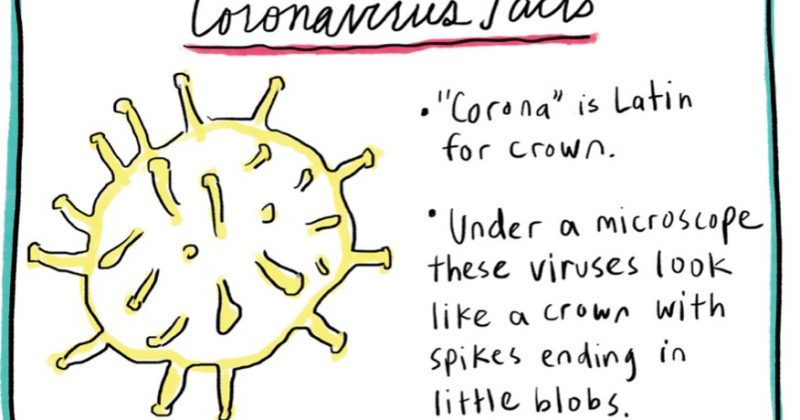Did you see Gabriela this summer? If so you might have been at one of the many conferences wherere she was presenting!
She was in Glasgow for the 50th International Systemic Functional Congress and Institute and presented Zapata, G. C., Tzirides, A. O., You, Y.-L., Cope, B., & Kalantzis, M. (2025). Enhancing formative feedback with Generative AI: A Systemic Functional Linguistics discourse analysis. If you missed it, good news the part of a Springer peer reviewed book on AI and education and here’s the reference for the pre-print:
Zapata, G. C., Tzirides A. O., Cope, B., You, Y.-L., Kalantzis, M., & Searsmith, D. (2025). A systemic functional linguistics discourse analysis of learner-centered, generative AI feedback in higher education. EdArXiv. https://doi.org/10.35542/osf.io/nuhq2_v1
She was in Granada for the Thirty-Second International Conference on Learning and spoke to this paper zirides, A. O., Zapata, G. C., Cope, B., Kalantzis, M., & Searsmith, D. (2025). GenAi-by-Design framework: Human centered AI integration for feedback and learning in higher education.
Finally, you might have...

